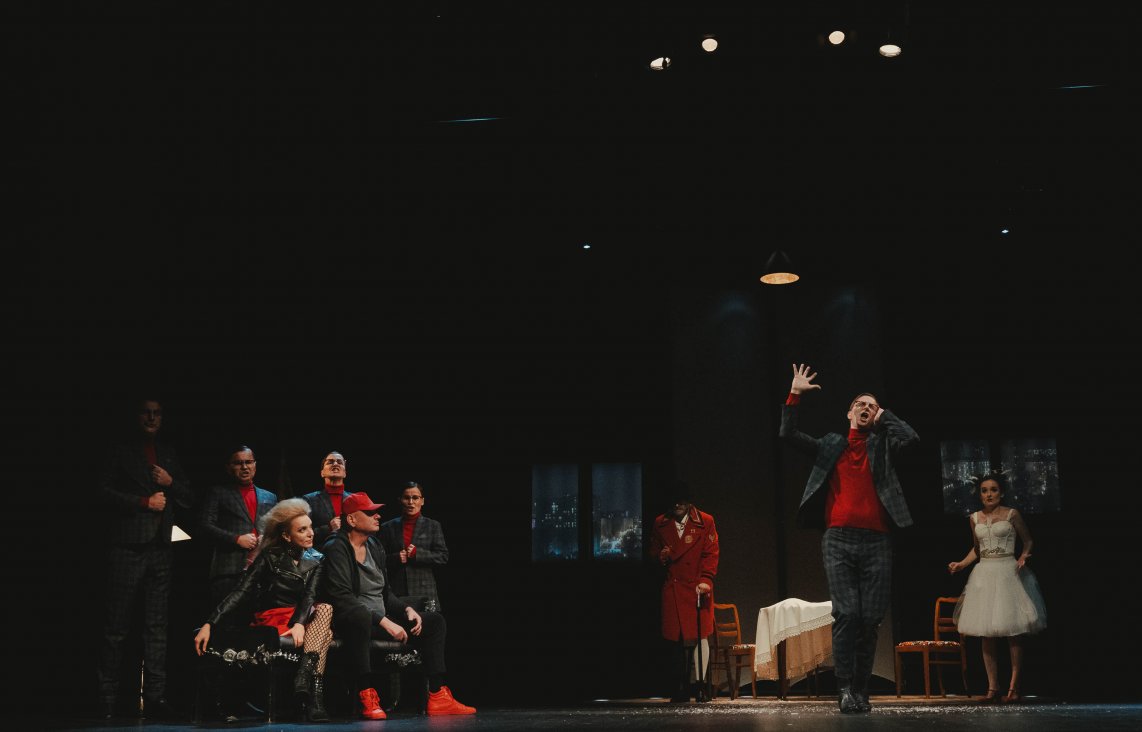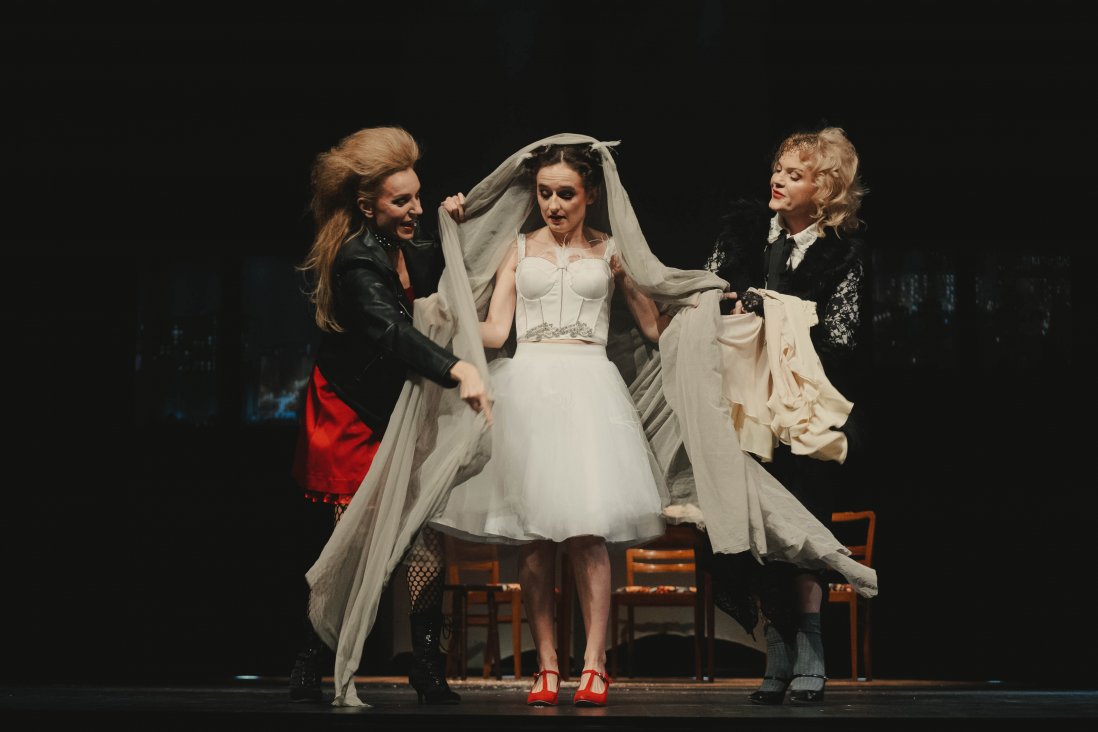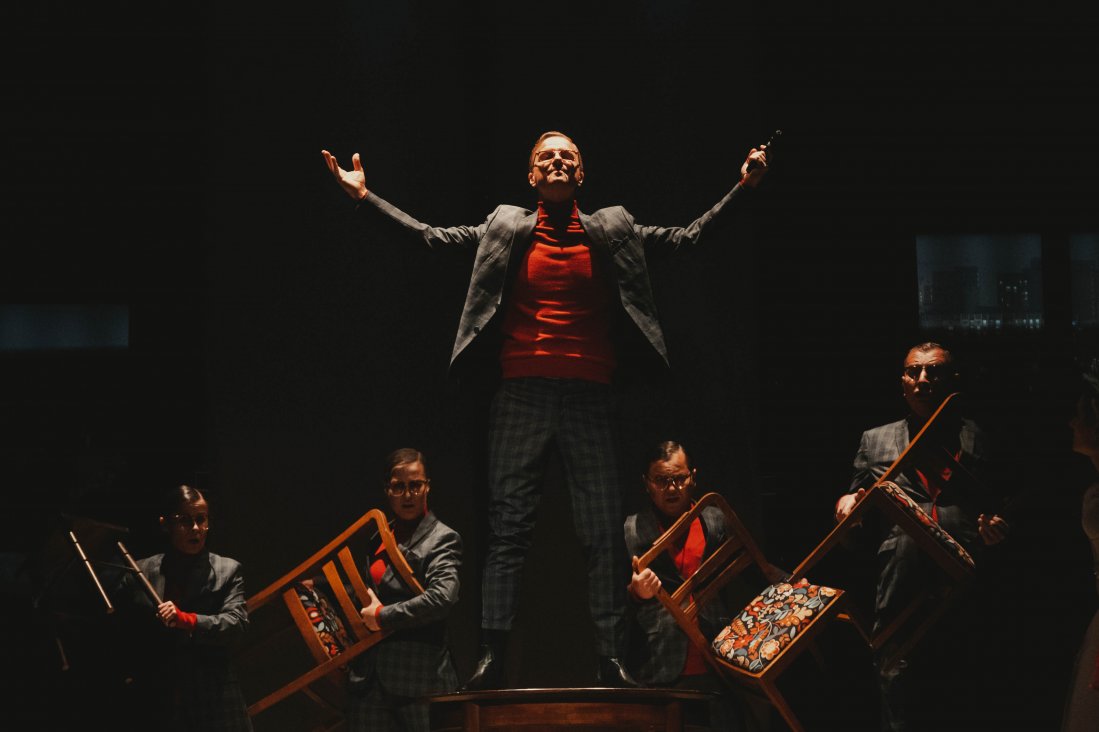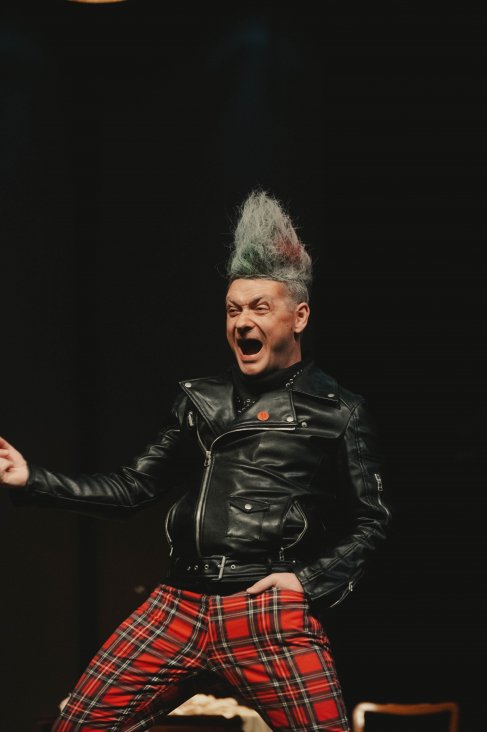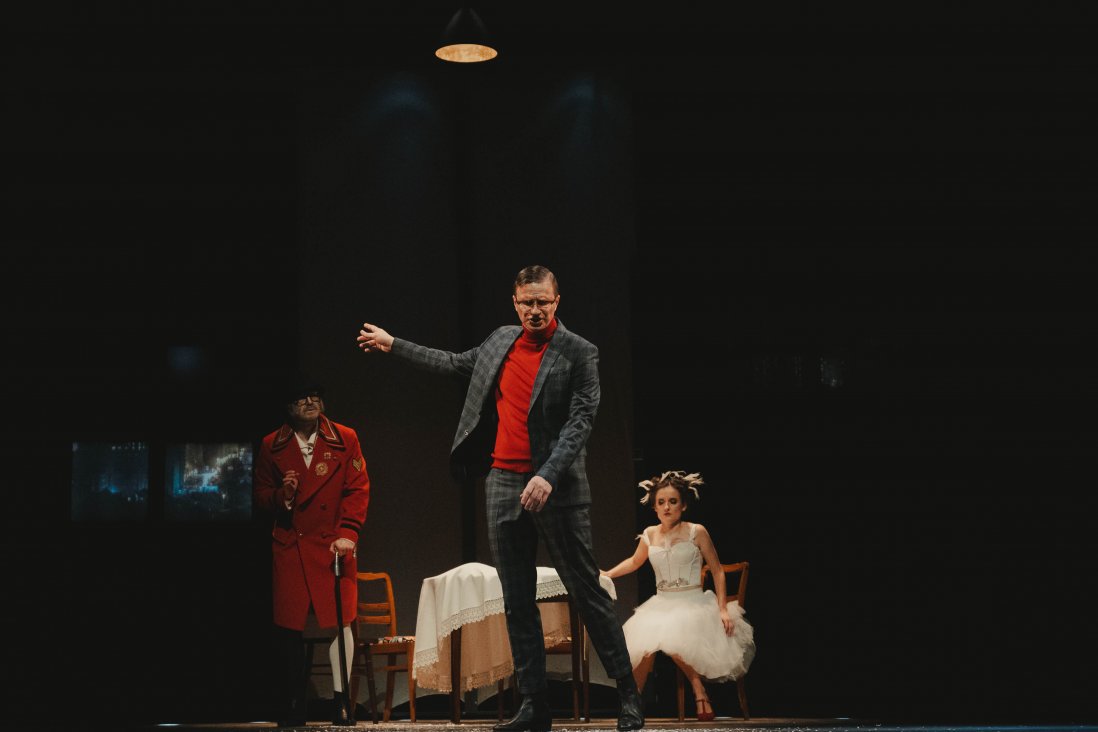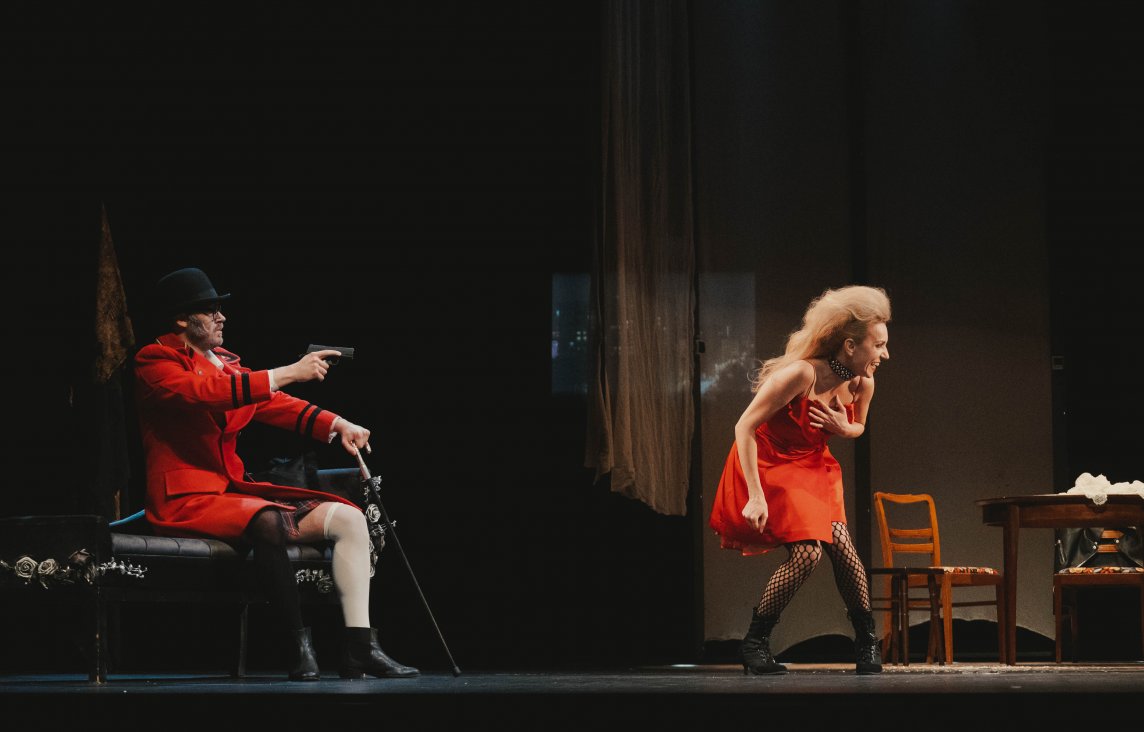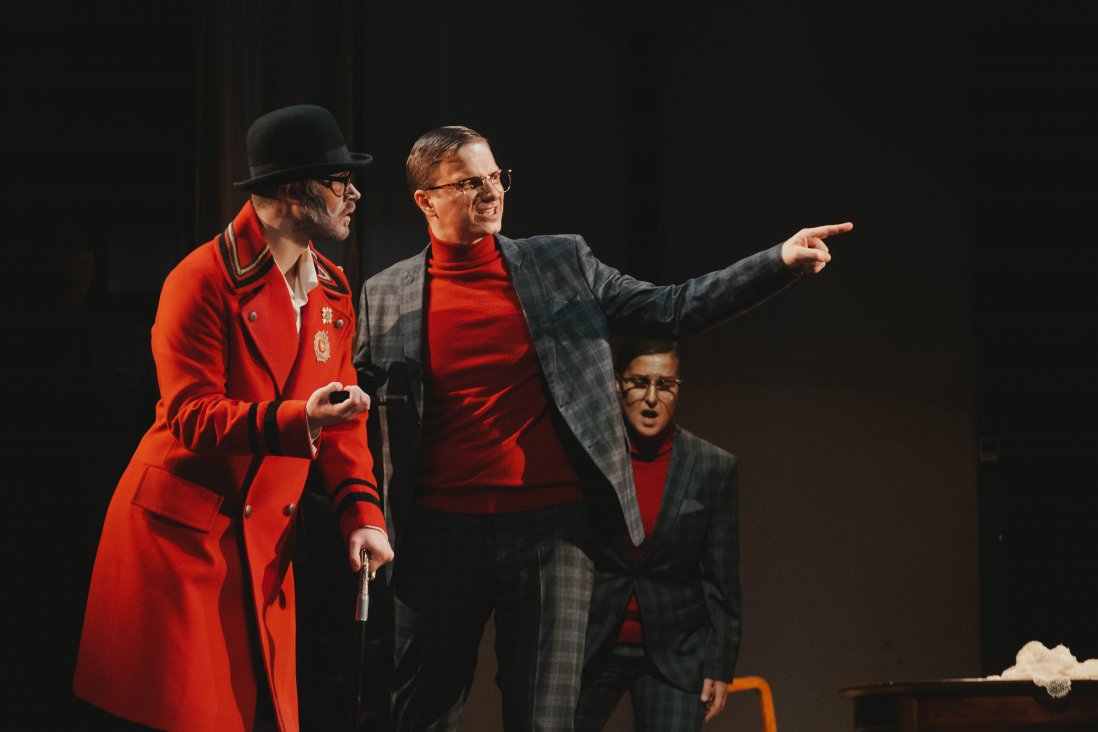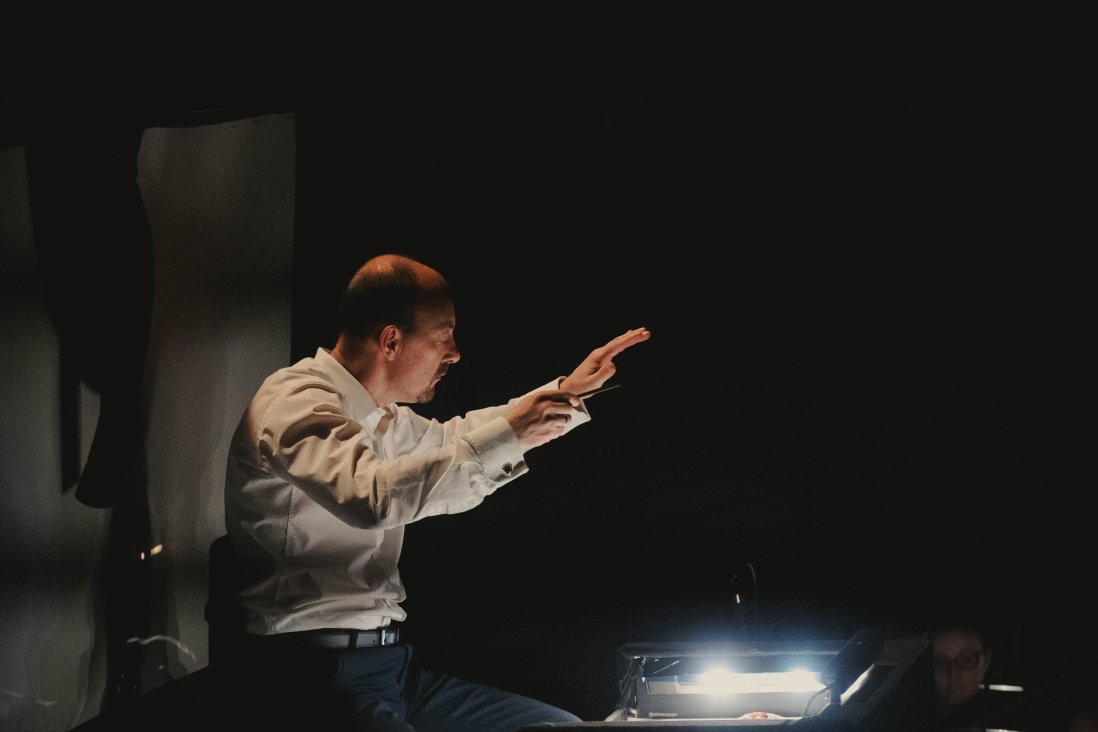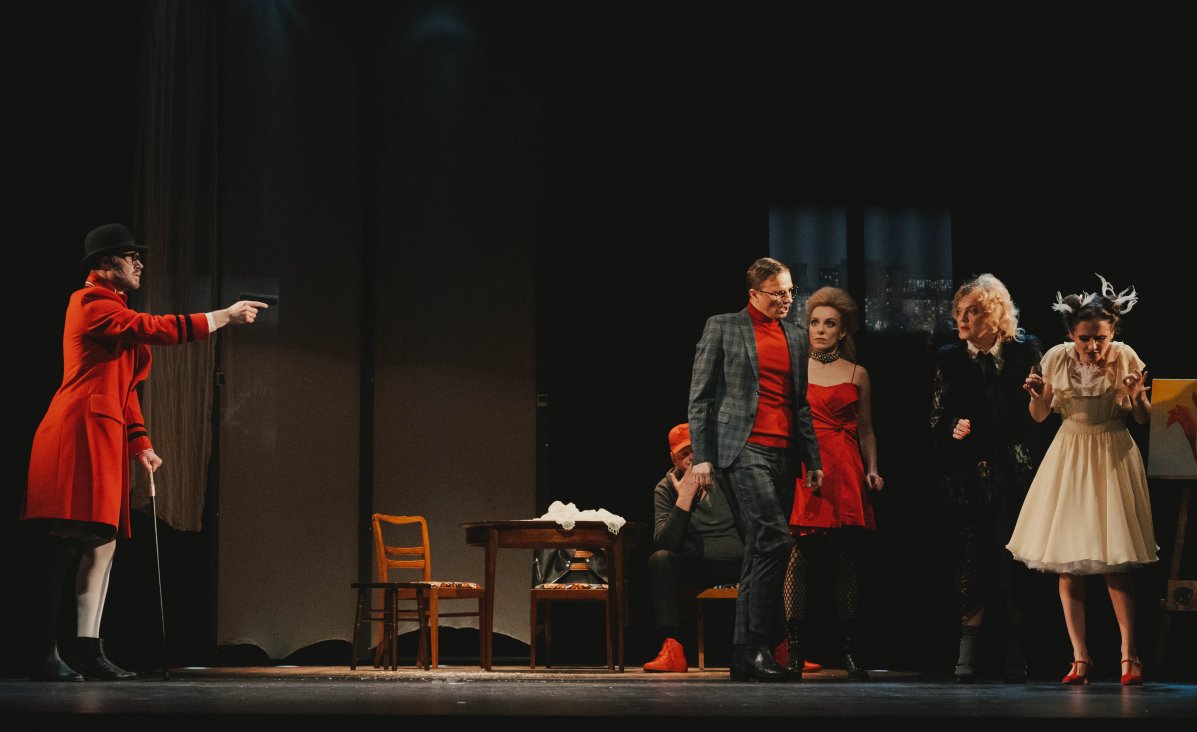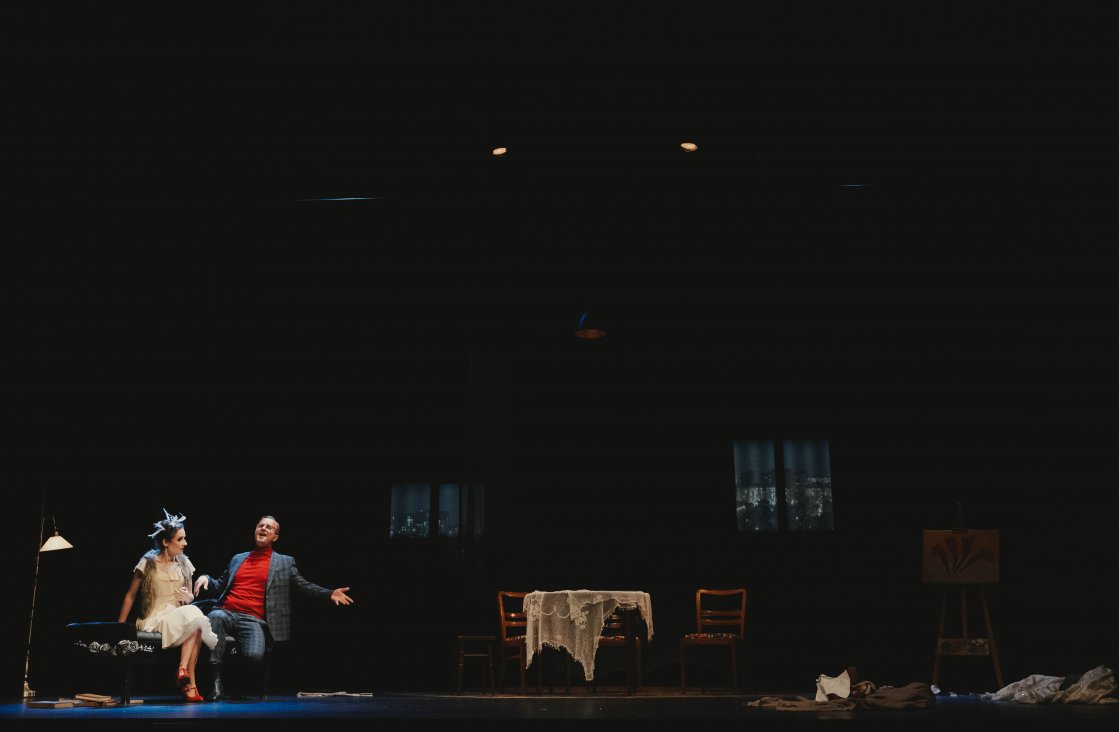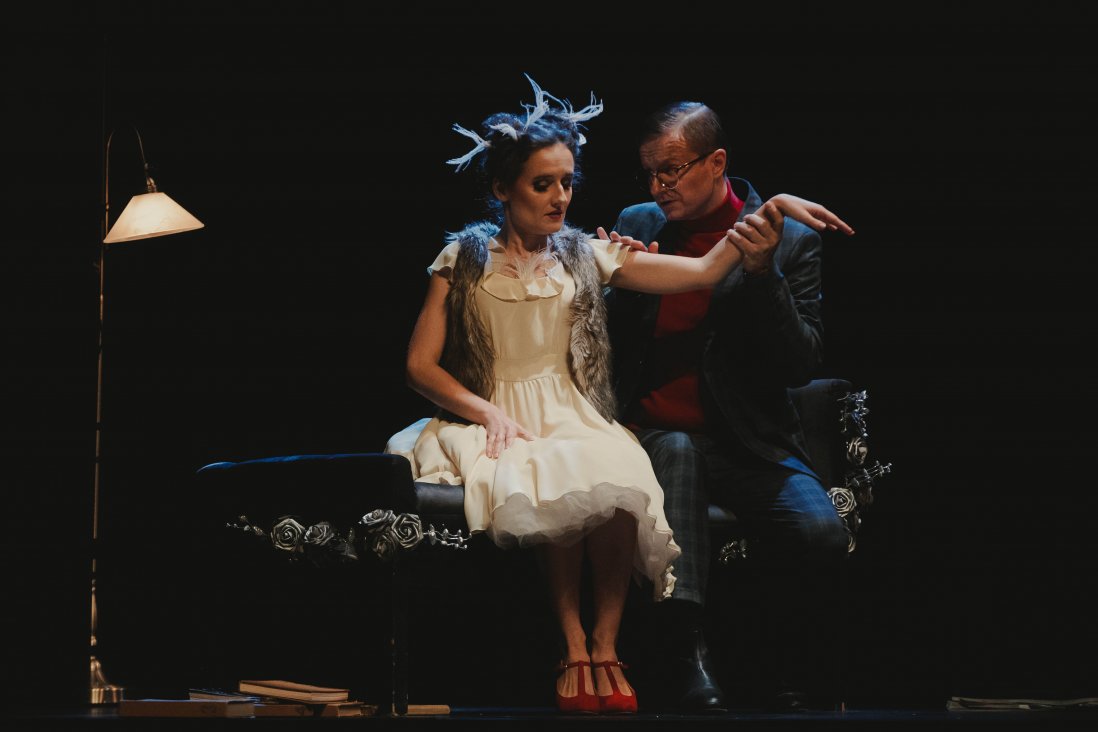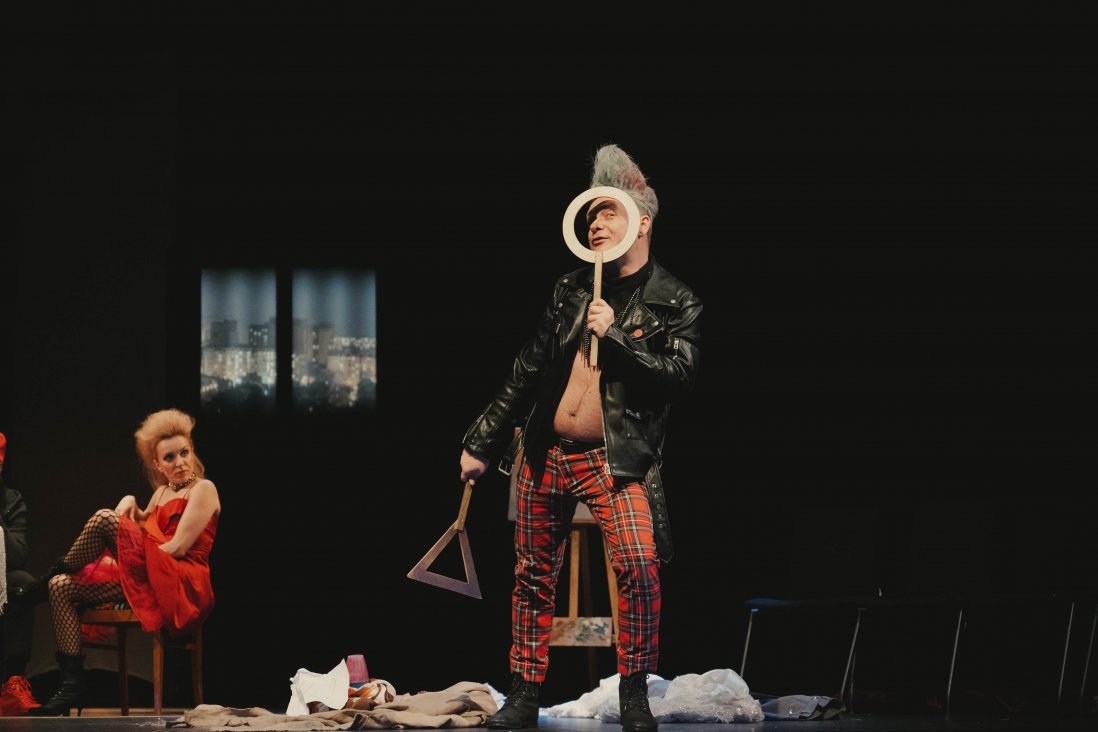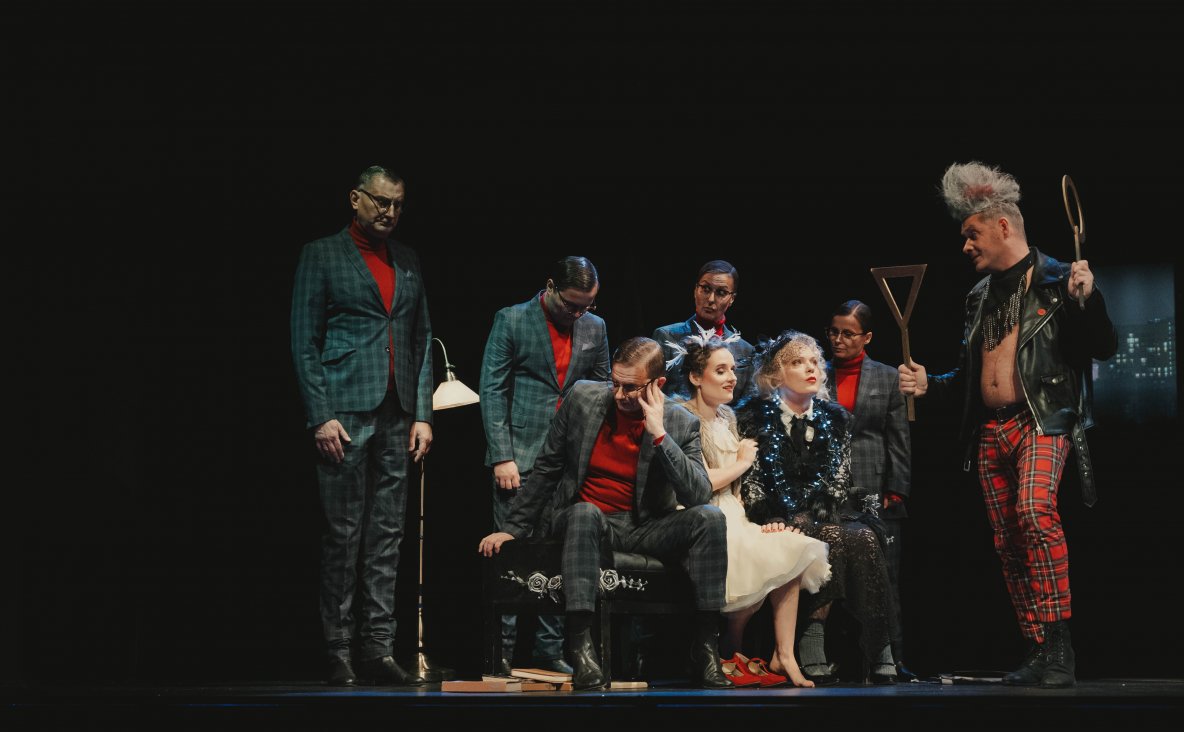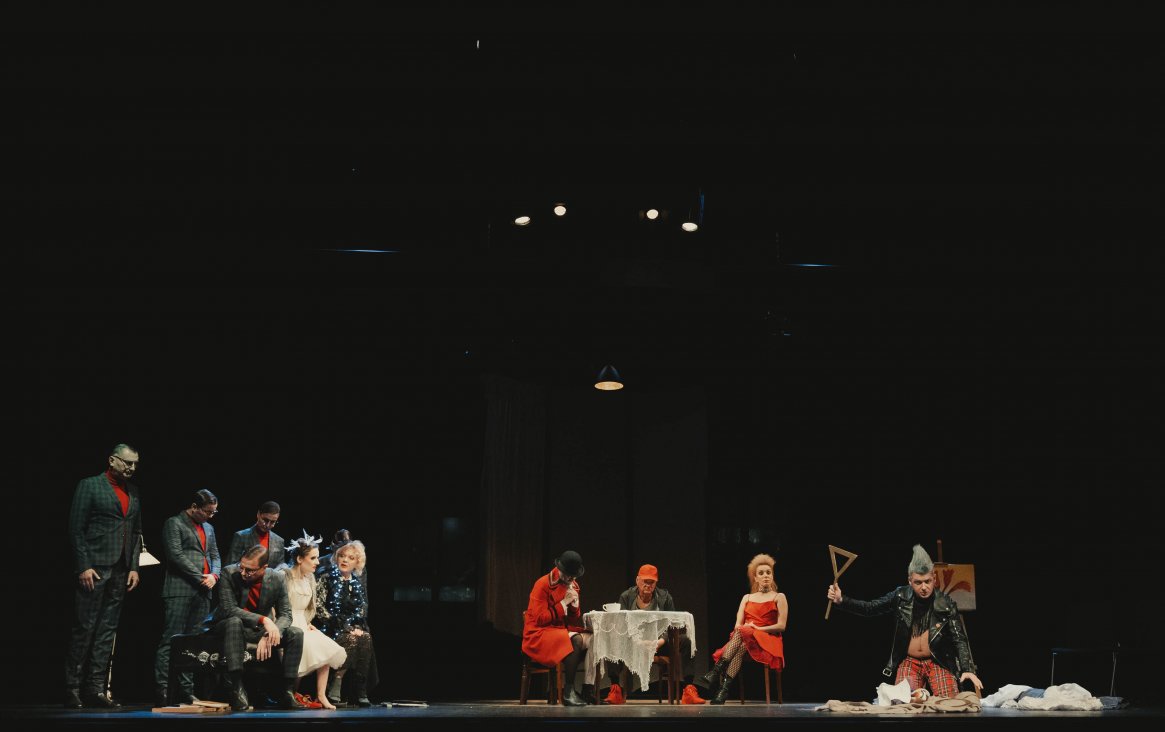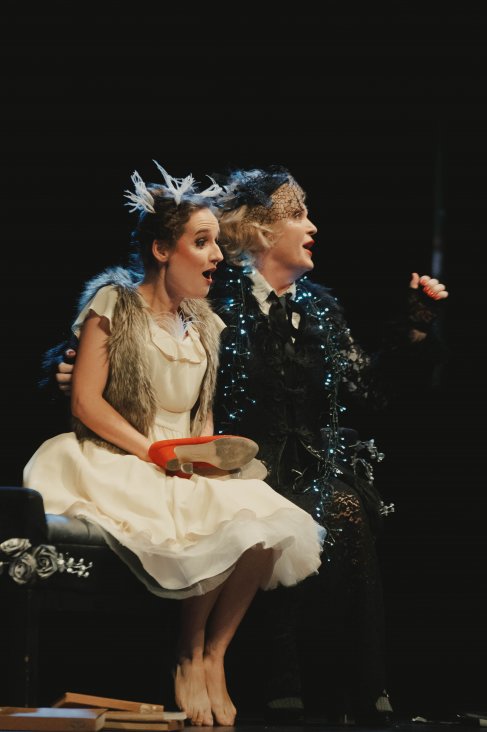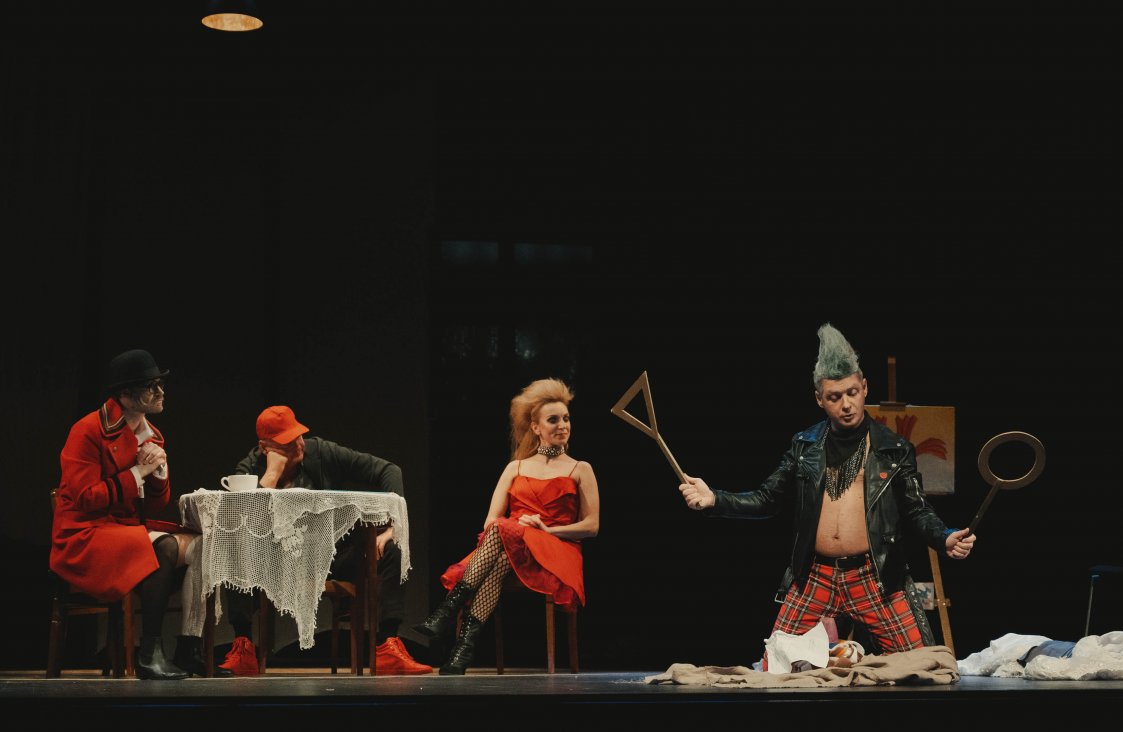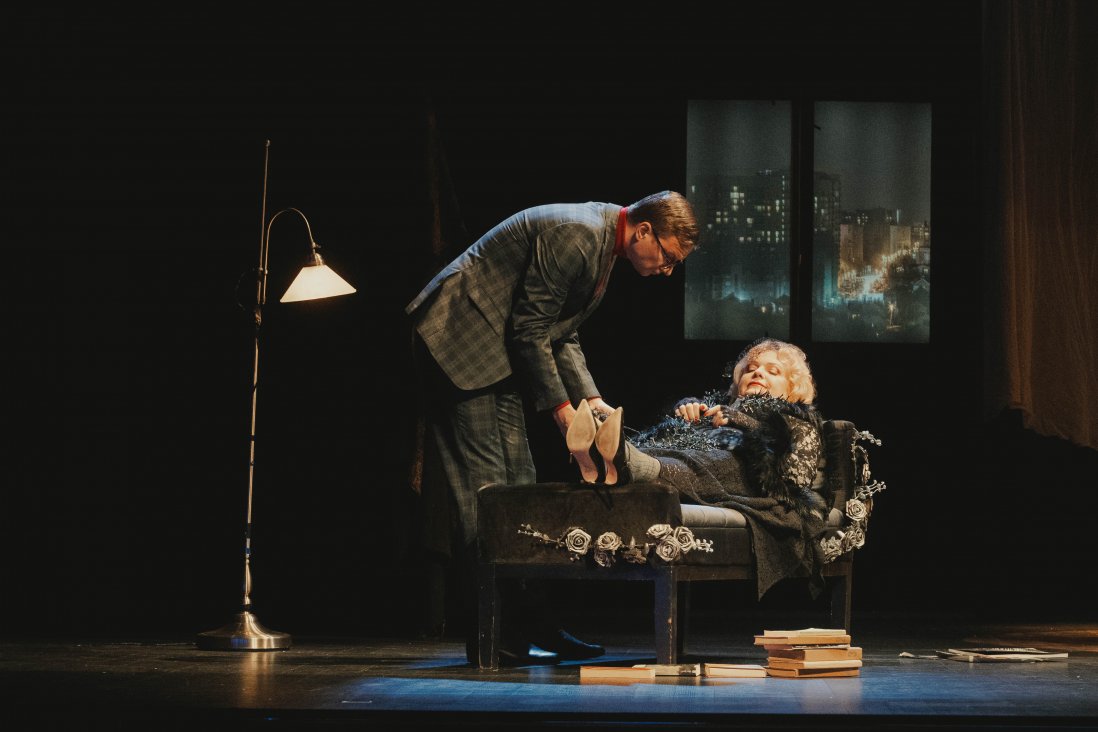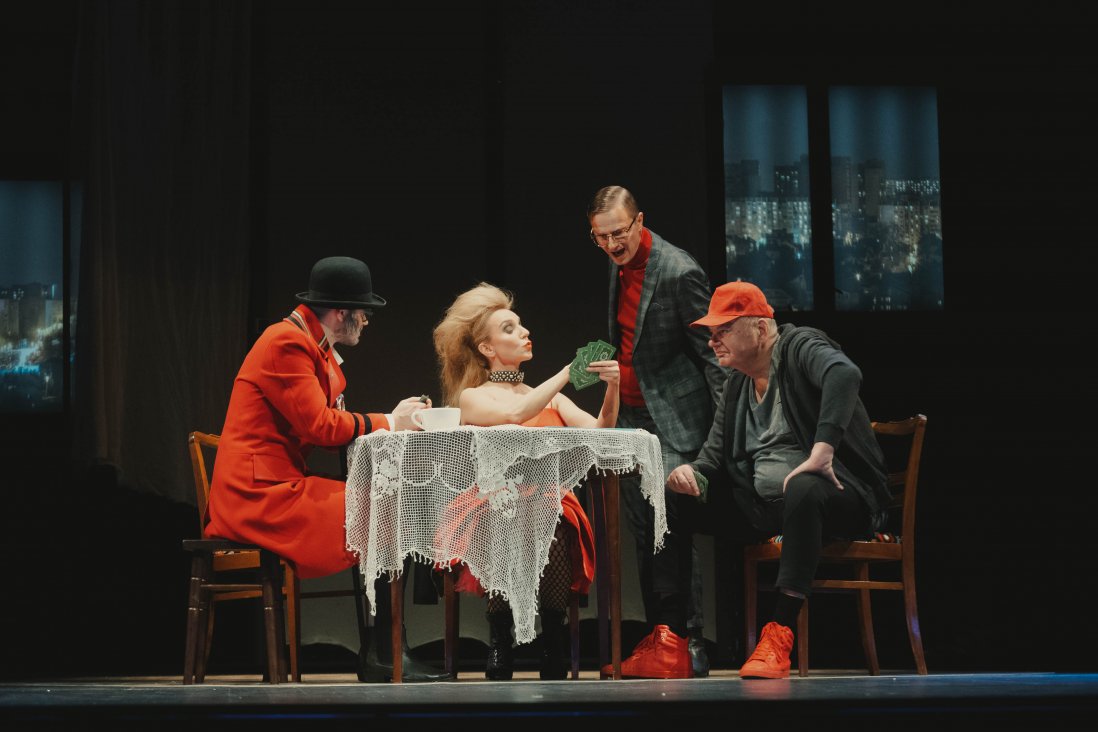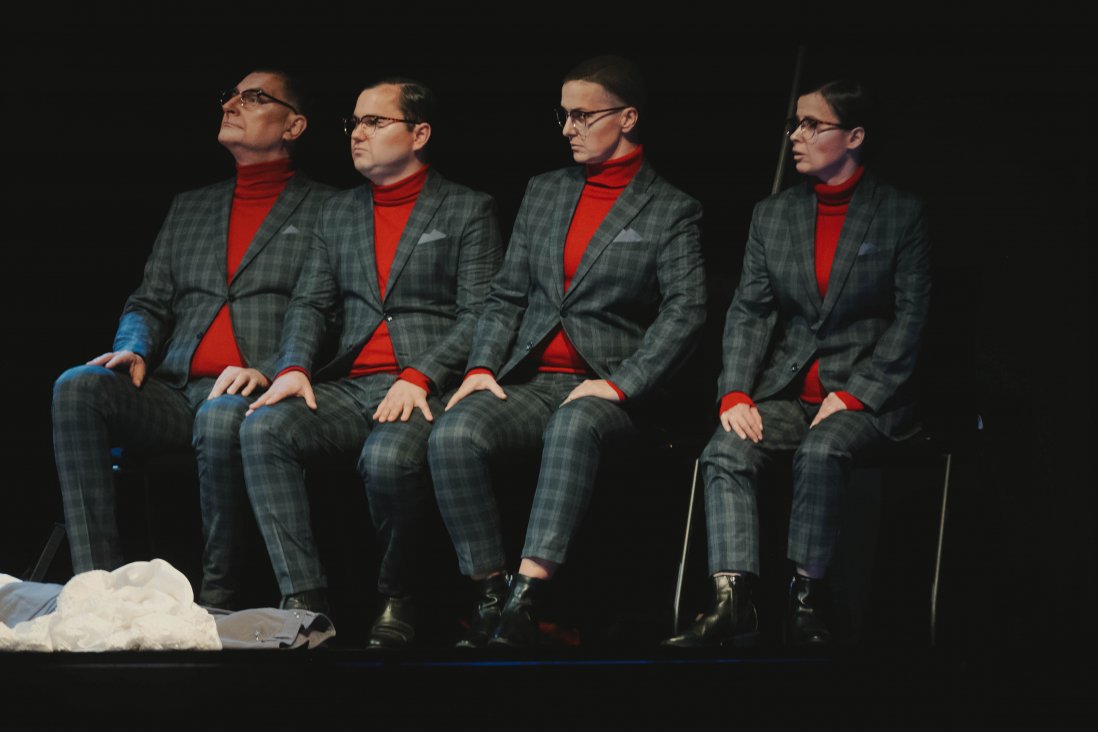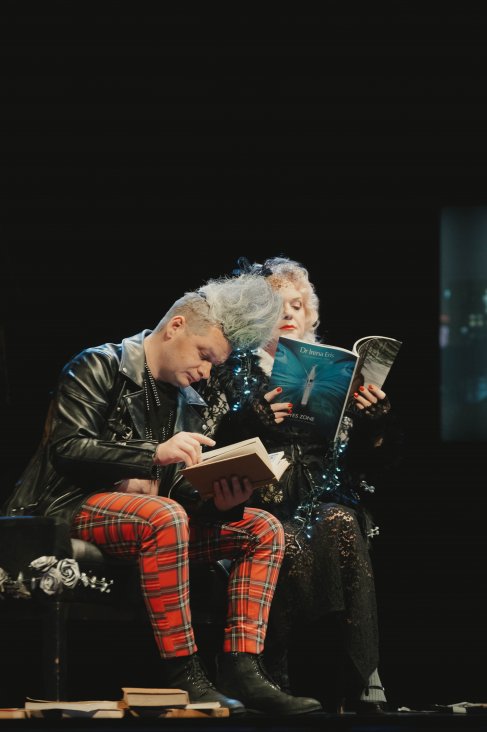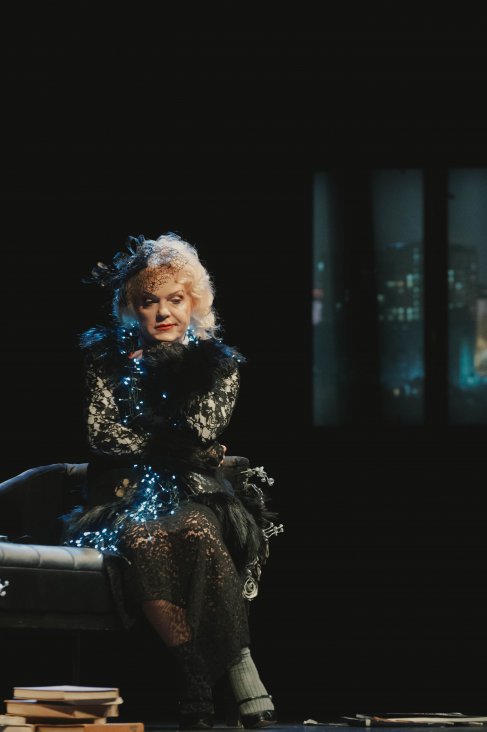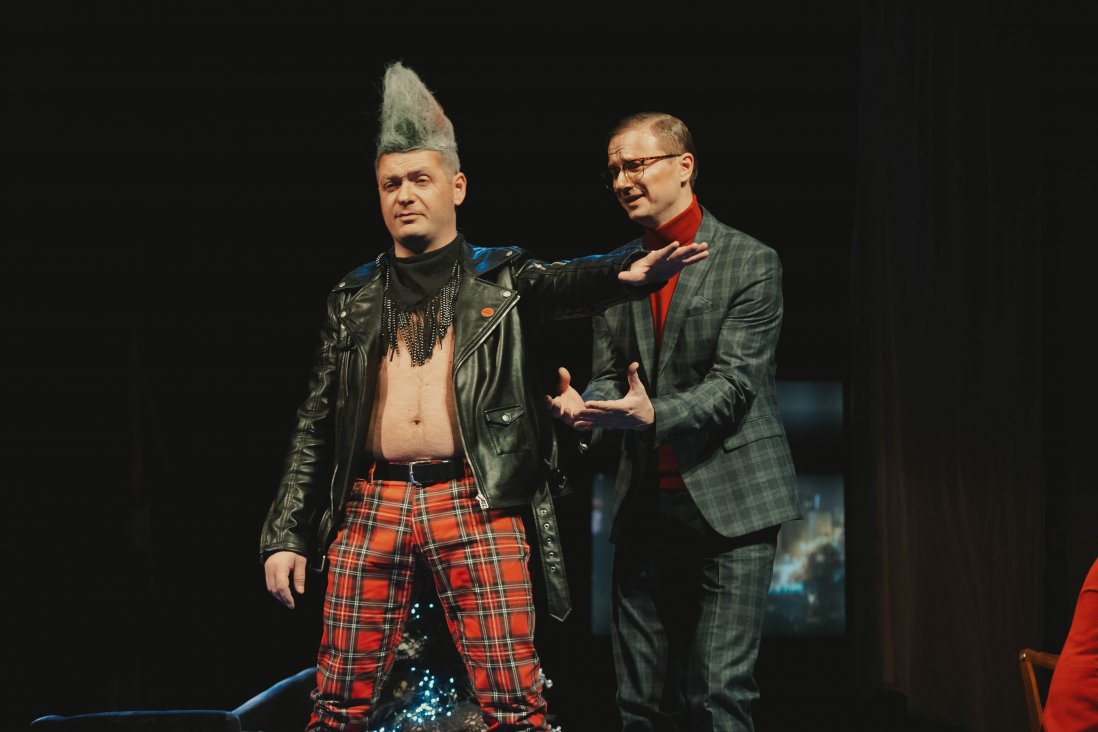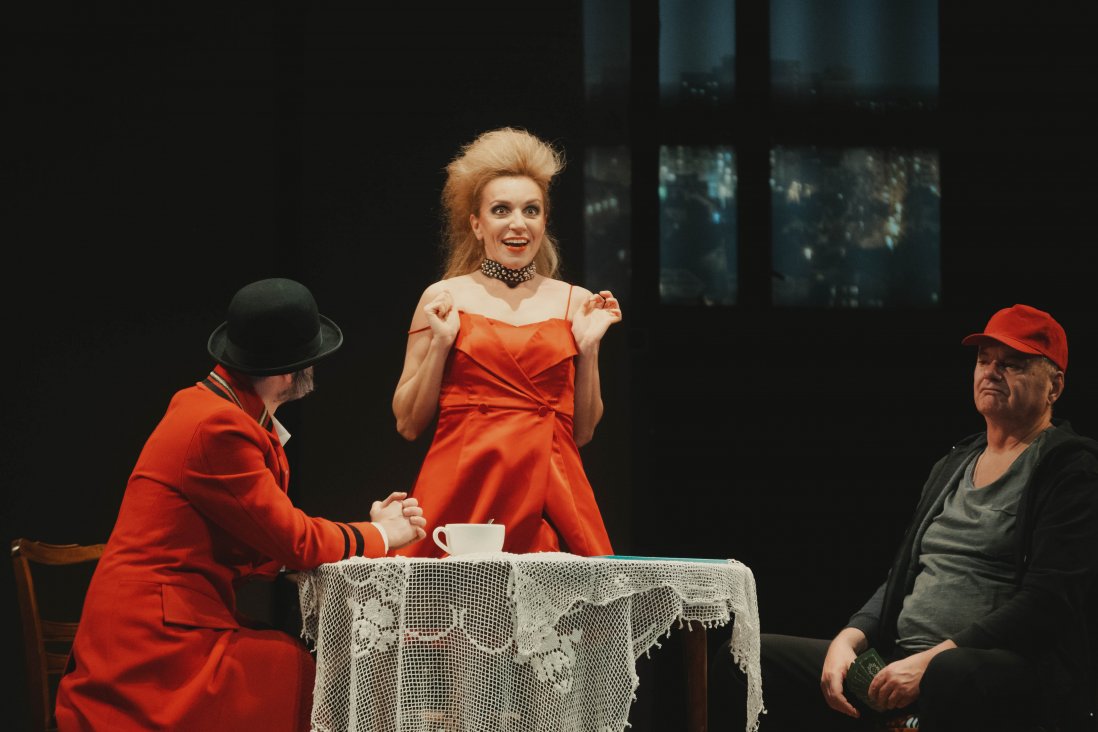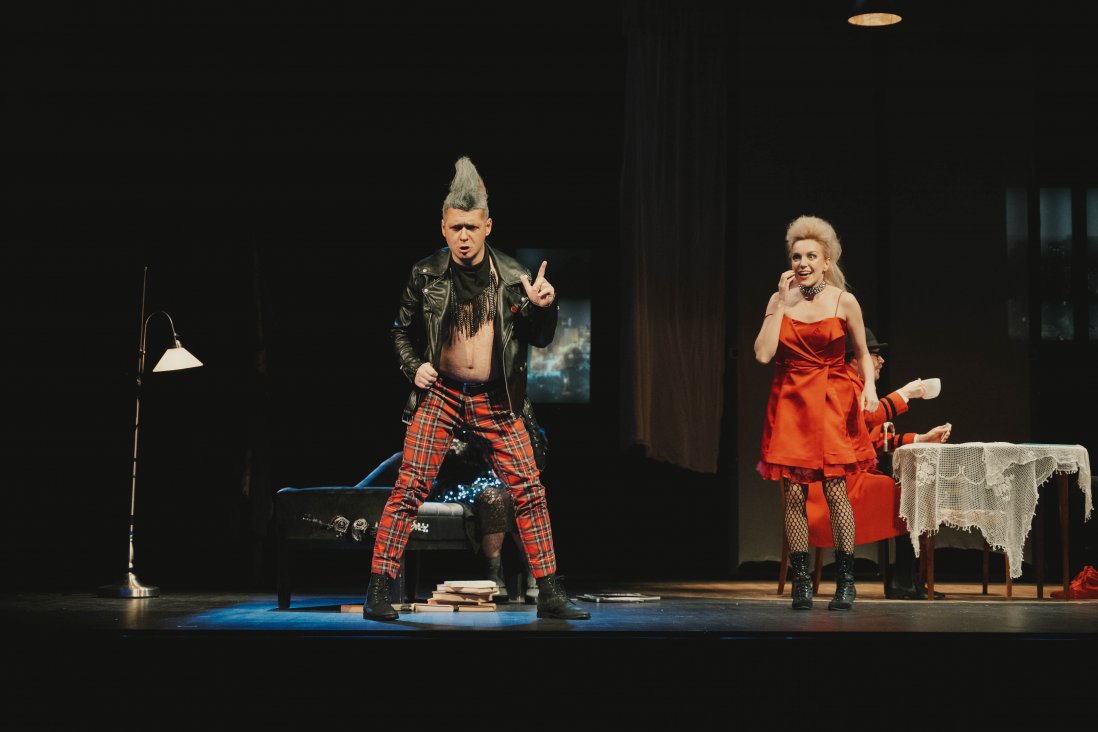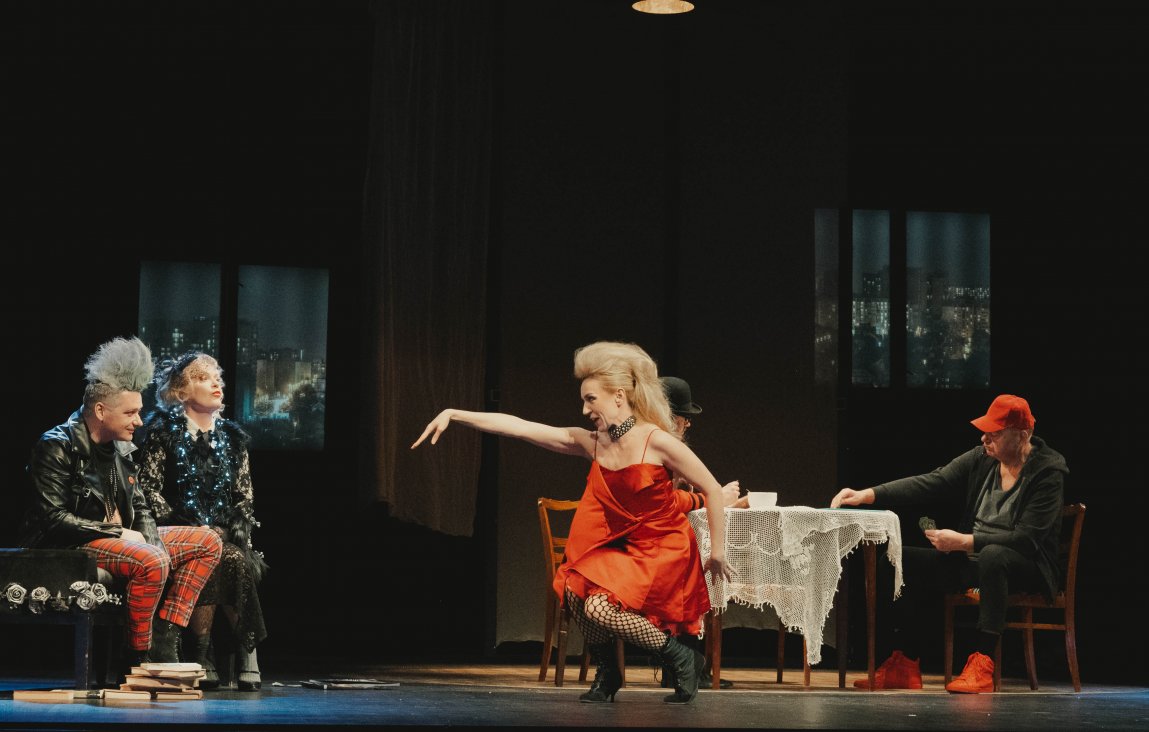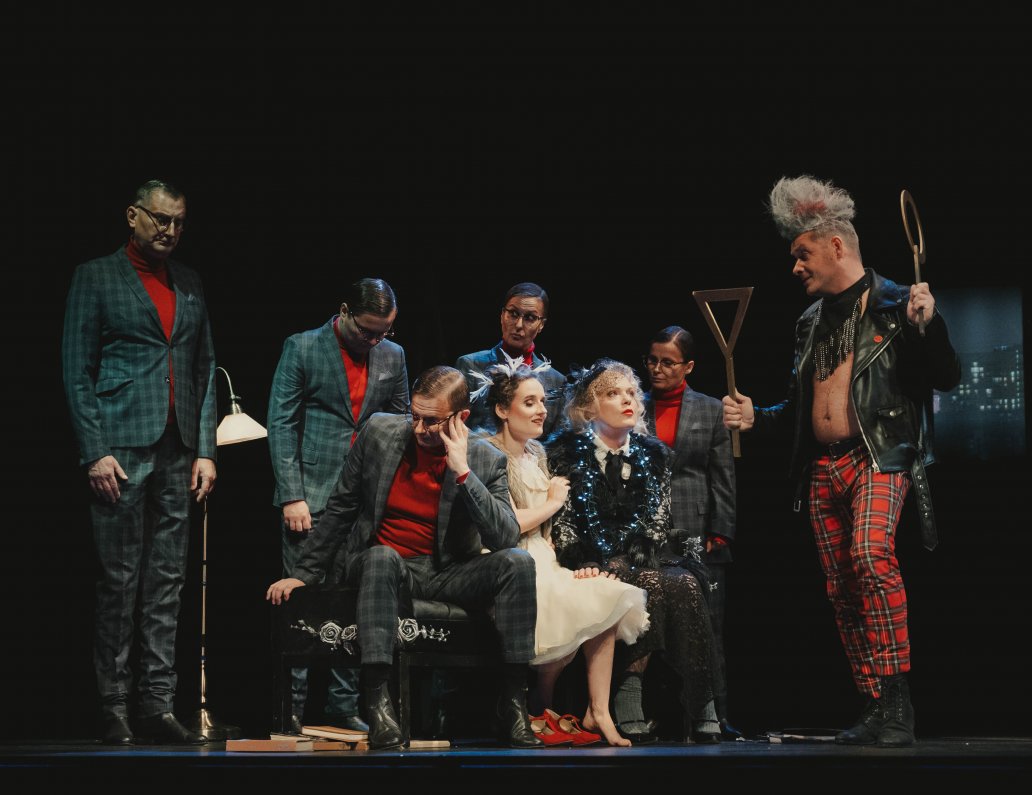
Opera
Tango
Opera in three acts in the original Polish
Michał Dobrzyński
Maciej Wojtyszko
José Maria Florêncio
José Maria Florêncio
1
hours
35
minutes
details
information
duration
1
hours
35
minutes
|
1
intermission
composer
Michał Dobrzyński
World premiere
The Warsaw Chamber Opera, 8th December 2017
description
An operatic libretto based on a poetic work, a drama, an ancient myth, a biblical parable… The history of art, in particular operas, proves that at the dawn of most of the works, overtures, arias, ensembles, choirs, there were human joys and tragedies, feelings and emotions poured into paper in the form of a stanza, verse, paragraph. The success of the opera adaptation of Witold Gombrowicz’s Operetta, staged at the Warsaw Chamber Opera proves that translating the classics of Polish drama into the language of opera can be crowned with excellent reviews of critics and enthusiasm of music lovers. And that rarely goes hand in hand!
One of the most outstanding dramas of post-war Poland is Sławomir Mrożek’s Tango. Thencanon of our literature inscribed in a theatrical poster, as the King Sigismund’s Column in the landscape of Castle Square. It is worth noting that in its ambiguity and timelessness, the work seems to be a perfect foundation for experimenting with form and convention; to create an opera, that is based on it. In order for the famous drama written into bars, arias, ensembles, and finally framed – into acts, to be maintained at the artistic level imposed by the original creator, a visionary’s hand is required. His imagination, technique, comprehensive approach to the work, finding the melody and rhythm in the text. The fact that Michał Dobrzyński undertook this difficult task from the compositional point of view is a guarantee of quality. It is this composer, one of the most outstanding composers of the young generation, who masterfully translated the aforementioned Gombrowicz’s Operetta into the language of contemporary opera.
Opera, as an art, offers an excellent opportunity to show the ambiguity of the literary original. In addition to the typical means of expression, there is the value of music – the built up tension, conflict. This goes hand in hand with the ambiguity and multidimensionality of Mrożek’s work. Opera, as a stage form, has the magic of understatement, the music itself can be read on as many ways as it has listeners.
One of the most outstanding dramas of post-war Poland is Sławomir Mrożek’s Tango. Thencanon of our literature inscribed in a theatrical poster, as the King Sigismund’s Column in the landscape of Castle Square. It is worth noting that in its ambiguity and timelessness, the work seems to be a perfect foundation for experimenting with form and convention; to create an opera, that is based on it. In order for the famous drama written into bars, arias, ensembles, and finally framed – into acts, to be maintained at the artistic level imposed by the original creator, a visionary’s hand is required. His imagination, technique, comprehensive approach to the work, finding the melody and rhythm in the text. The fact that Michał Dobrzyński undertook this difficult task from the compositional point of view is a guarantee of quality. It is this composer, one of the most outstanding composers of the young generation, who masterfully translated the aforementioned Gombrowicz’s Operetta into the language of contemporary opera.
Opera, as an art, offers an excellent opportunity to show the ambiguity of the literary original. In addition to the typical means of expression, there is the value of music – the built up tension, conflict. This goes hand in hand with the ambiguity and multidimensionality of Mrożek’s work. Opera, as a stage form, has the magic of understatement, the music itself can be read on as many ways as it has listeners.
Poster
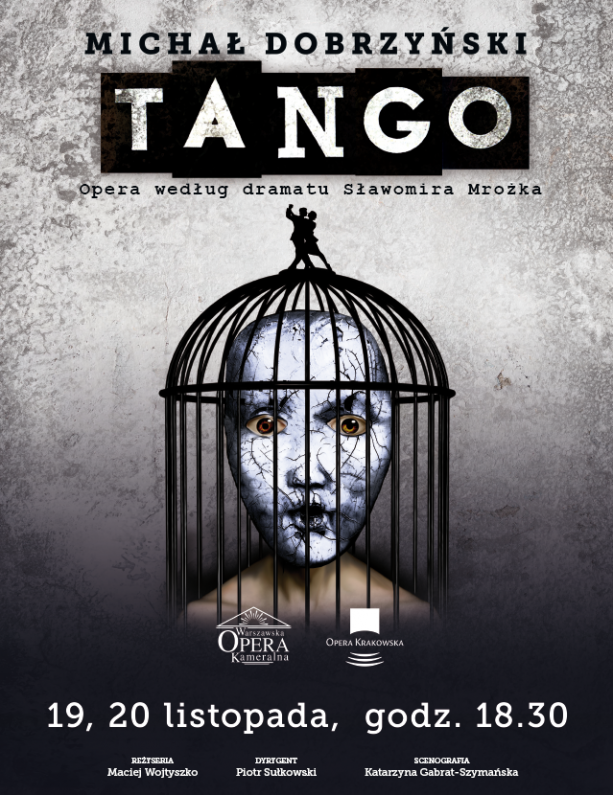
producers and cast
producers
Director: Maciej Wojtyszko
Music Director: José Maria Florêncio
Set Designer: Katarzyna Gabrat-Szymańska
Costumes: Wiganna Papina
Movement Stylist: Jarosław Staniek
Music Director: José Maria Florêncio
Set Designer: Katarzyna Gabrat-Szymańska
Costumes: Wiganna Papina
Movement Stylist: Jarosław Staniek
cast
Artur | Jan Jakub Monowid
Edek | Piotr Nowacki
Eugeniusz | Karol Skwara
Eleonora | Joanna Freszel
Eugenia | Marzanna Rudnicka
Stomil | Piotr Płuska
Ala | Aleksandra Żakiewicz
Vocal Ensemble:
soprano: Magdalena Smulczyńska
alto: Ewa Puchalska
tenor: Tomasz Grygo
bass: Grzegorz Zychowicz
Krakow Opera Orchestra
Conductor: Piotr Sułkowski
Edek | Piotr Nowacki
Eugeniusz | Karol Skwara
Eleonora | Joanna Freszel
Eugenia | Marzanna Rudnicka
Stomil | Piotr Płuska
Ala | Aleksandra Żakiewicz
Vocal Ensemble:
soprano: Magdalena Smulczyńska
alto: Ewa Puchalska
tenor: Tomasz Grygo
bass: Grzegorz Zychowicz
Krakow Opera Orchestra
Conductor: Piotr Sułkowski
upcoming performances of this genre
/
